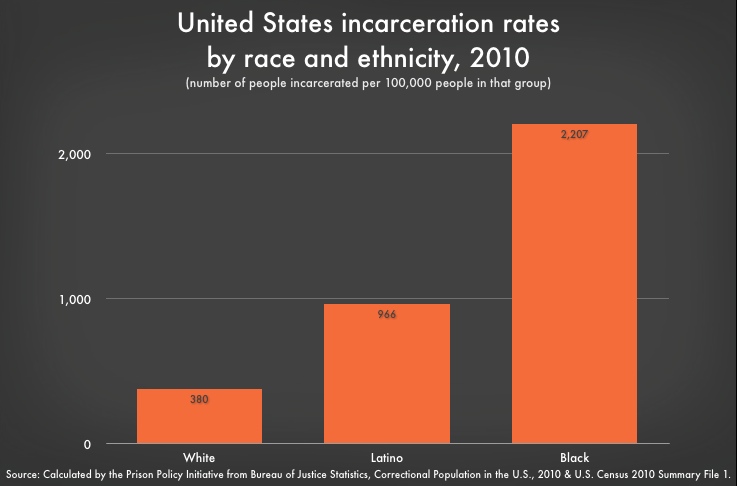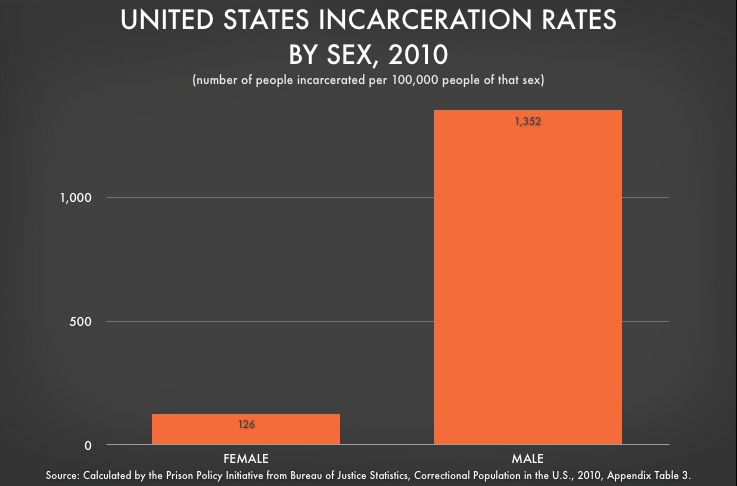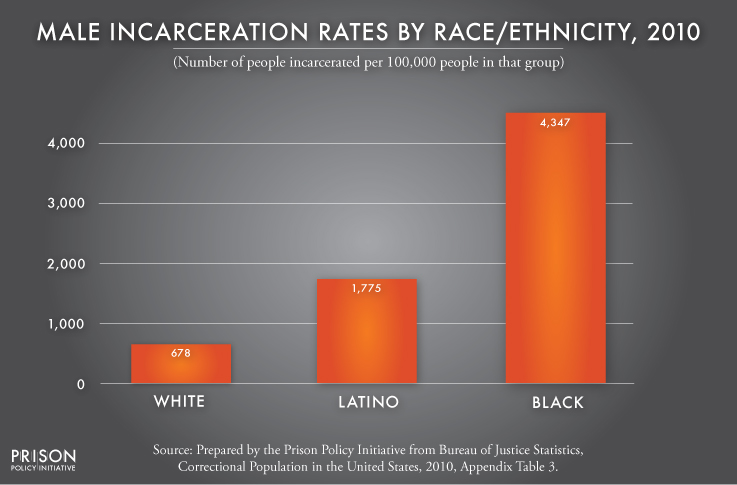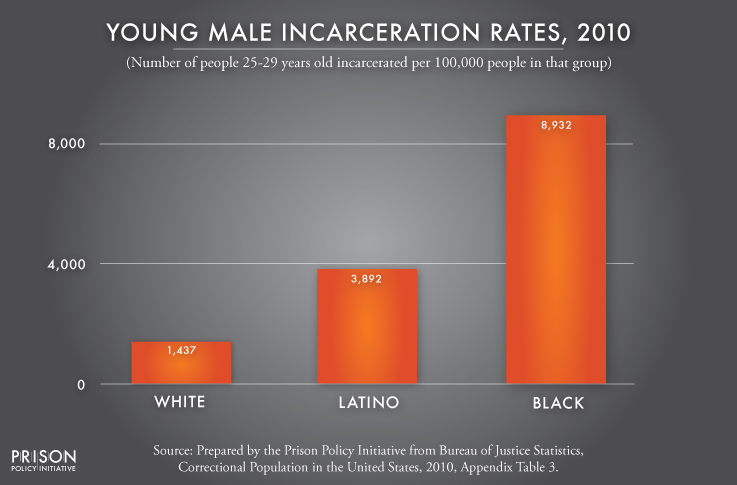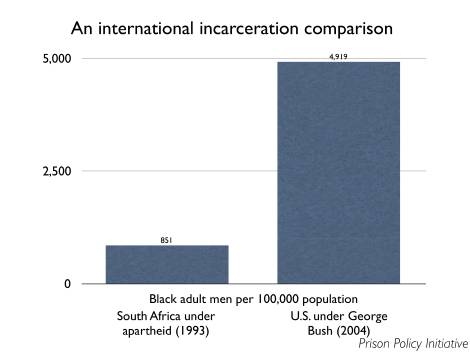Chief Political Correspondent
April 30, 2010
We know one thing for sure about the fight over Arizona's new immigration law. Civil-rights groups will file a lawsuit trying to kill the law and will ask a federal judge to issue an injunction to keep it from taking effect as scheduled this summer. What we don't know is how those proceedings will be affected by the Obama Justice Department, which is contemplating the highly unusual step of filing its own suit against the state of Arizona. Also unknown is the influence of President Obama himself, who has gone out of his way to raise questions -- some of them strikingly uninformed -- about the law.
The drafters of the law knew the lawsuit was coming; a lawsuit is always coming when a state tries to enforce the nation's immigration laws. What the drafters didn't expect was Obama's aggressive and personal role in trying to undermine the new measure.
The problem for Obama and Holder is that the people behind the new law have been through this before -- and won. Arizona is three-for-three in defending its immigration measures. In 2008, the state successfully defended its employer-sanctions law, which made it a state crime to knowingly employ an illegal immigrant. Facing some of the same groups that are now planning to challenge the new law, Arizona prevailed both in federal district court and at the 9th Circuit Court of Appeals, the nation's most liberal federal appeals court.
In federal court in 2005, Arizona successfully defended Proposition 200, which required proof of citizenship for voting and also restricted benefits to illegals. And in 2006, officials won a state-court challenge to Arizona's human smuggling law.
The arguments that liberal groups make against the new law are similar to those made in the past. Foremost among them is the claim that only the federal government can handle immigration matters, and thus the Arizona measure pre-empts federal law.
Lawmakers thought of that ahead of time. "This law was carefully drafted to avoid any legal challenge on pre-emption in two ways," explains Kobach. "One, it perfectly mirrors federal law. Courts usually ask whether a state law is in conflict with federal law, and this law is in perfect harmony with federal law.
"Two, the new law requires local law enforcement officers not to make their own judgment about a person's immigration status but to rely on the federal government," Kobach continues. Any officer who reasonably suspects a person is illegal is required to check with federal Immigration and Customs Enforcement. "As long as the state or city is relying on the federal government to determine immigration status, that will protect against a pre-emption challenge," says Kobach.
But what if the Obama administration argues that the law is a burden on the federal government? Or refuses to assist Arizona in determining a person's legality? The drafters thought of that, too. There's a federal statute -- 8 USC 1373, passed during the Clinton years -- requiring the feds to verify a person's immigration status any time a state or local official asks for it. The federal government cannot deny assistance to Arizona without breaking the law itself.
http://www.washingtonexaminer.com/politics/How-Obama-could-lose-Arizona-immigration-battle-92460459.html#ixzz0mdZpNfBn







